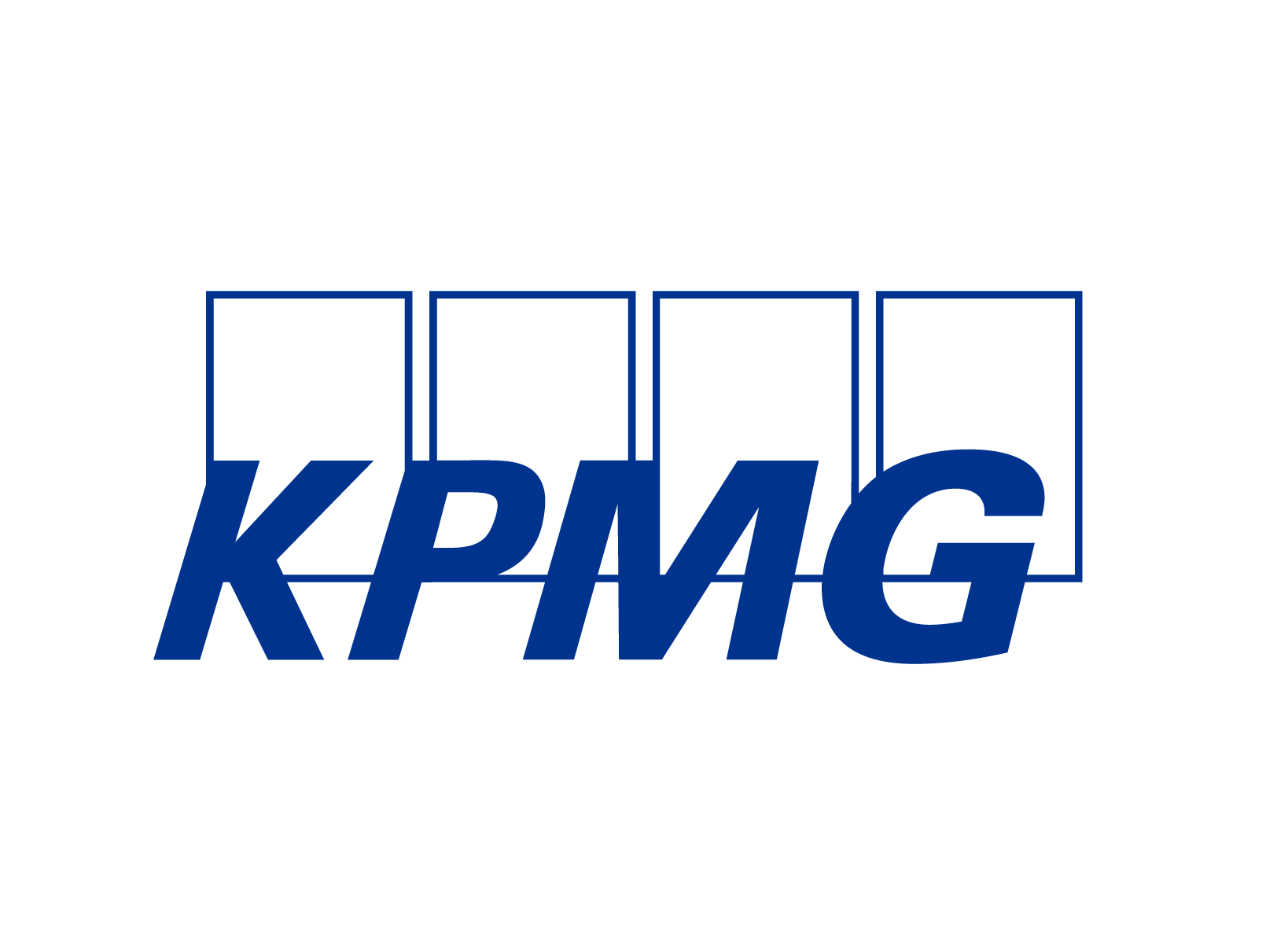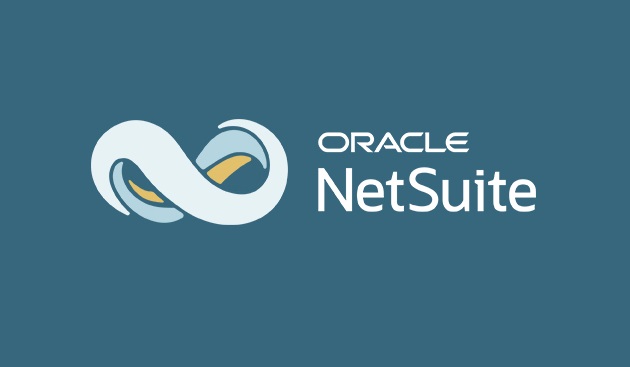With tax disputes on the rise domestically and globally, upending business operations and impacting resources and financials, companies are turning to KPMG LLP to help them prepare for and respond to inquiries and audits by tax authorities. Through the use of predictive technology tools, data mining and analytics, and the knowledge and experience of its Tax Controversy & Dispute Resolution Services professionals, KPMG offers a holistic approach to anticipating, managing and resolving controversies and disputes.
“In response to the expanding needs of our clients in the current environment, we’re laser-focused on delivering unmatched controversy services through the deployment of highly skilled tax professionals and enabling technologies,” said Greg Engel, Vice Chair – Tax, KPMG LLP.
To best help large multinational enterprises, middle market corporations and partnerships, and institutional and financial buyers prepare for and respond to controversies and disputes, KPMG leverages its proprietary Digital Gateway technology, which is a single-platform solution powered by Microsoft Azure and built on the cloud. Digital Gateway puts the firm’s investments in machine learning, data analytics, powerful visualizations and AI technologies all in one place, and it is driven by the rich data our clients already have on hand.
The platform equips clients with modeling capabilities for scenario planning, real-time visualization of their data, meaningful analytics and an interactive dashboard complete with the latest tax policies and regulations by jurisdiction, so that with the help of KPMG professionals, they can prevent or remedy controversies and disputes.
“In addition to combining technology with human capabilities, we’re joining the experience of our Controversy leadership to ensure clients receive the most comprehensive solution,” Engel said. “Sharon Katz-Pearlman has more than 25 years of experience in the controversy space, and Mark Martin has advised clients on advance pricing agreements and international transfer pricing matters for more than two decades.”
“As co-leaders of our Tax Controversy & Dispute Resolution Services practice, Sharon and Mark bring diverse experience to the table with a unified data-driven, tech-forward approach. It’s the best-case scenario for our clients,” Engel added.
What’s causing the uptick in tax audits?
The significant rise in tax audits is being driven by several factors, namely:
- The OECD’s base erosion and profit shifting (BEPS) project, which aims to ensure that multinational enterprises are paying their fair share in taxes
- The proliferation of unilateral digital services taxes due to a lack of global consensus on how to tax the digital economy
- The IRS’s increased focus on taxpayers’ implementation of the Tax Cuts and Jobs Act provisions and its strategic enforcement initiative focused on partnerships
- The COVID-19 pandemic, as jurisdictions and governments around the world deal with mounting debt from relief measures and seek to recover lost revenue
- State and local jurisdictions that are more disconnected from federal regulations, potentially increasing controversies
Thanks for reading CPA Practice Advisor!
Subscribe Already registered? Log In
Need more information? Read the FAQs




